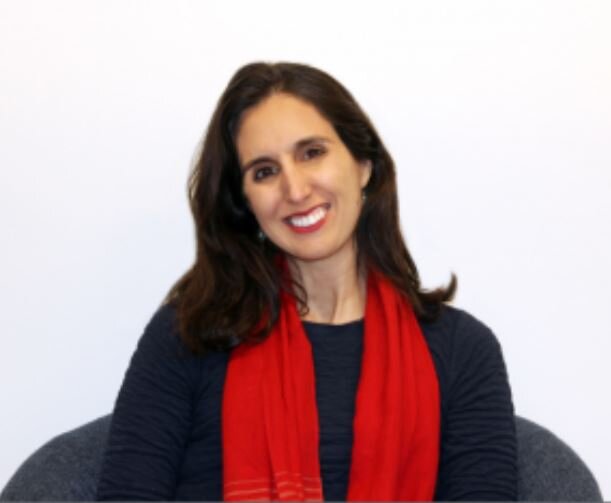By Erin Sheehy, Partner for External Relations, Education Forward DC
DC students are back to school, but for the vast majority of DC’s students “back to school” means back to learning—from home.
In March, when all of our lives were upended, schools acted quickly, creating work packets to mail home, developing online instructional plans, and giving out limited stocks of laptops and devices. But schools did not have enough devices to give to every student and too many homes in DC lack access to high-speed internet.
So three organizations with deep roots in the community — the Greater Washington Community Foundation, the DC Public Education Fund, and the organization I work for, Education Forward DC, came together to quickly provide DC’s students with needed internet access, devices, and basic needs.
Thus, the DC Education Equity Fund was established.
Credit: DeeperLearning4All
The focus was clear: help those students most in need get the resources and materials essential to continue their education at the onset of this crisis. We believed that schools were the right entity to directly receive this funding because they both know what students need to continue with learning and know what their families and communities are struggling with as we navigate COVID-19.
Funds were split between DC Public Schools (DCPS), the traditional school district, and DC public charter schools based on student enrollment. We focused specifically on adult students and students who are at-risk of academic failure (students who receive public assistance through TANF or SNAP, are in foster care, experience homelessness — and, for high school students — are at least two years behind academically).
Nearly 250 donors gave small donations to the Fund, totalling more than $70,000 and 27 major donors contributed more than $2.1 million to the Fund. Schools used nearly half of the funding to provide devices to students and more than 40 percent of funding to provide internet access to households. The remaining support covered basic needs, including groceries, toiletries, and transportation needs.
Schools supported more than 4,000 students with internet access and more than 3,000 students with personal devices from funding through the DC Education Equity Fund.
At Achievement Preparatory Academy, a public charter school in Ward 8, Founder and CEO Shantelle Wright used the nearly $12,000 grant to buy devices for 125 students, hotspots for 120 students, and covered basic needs for 35 students and families.
“We distributed wellness packages with basic toiletries like soap, toothpaste, toilet paper, and deodorant; and we purchased grocery store gift cards for each family who received a wellness package,” said Wright. “We also used funds to support our Feed Our People program, where we provide hot meals to families in need.”
Moving forward, the DC Education Equity Fund is focused on addressing the digital divide that disproportionately impacts our most vulnerable students, and being nimble and supporting what our most vulnerable students need in an ever-expanding crisis.
We face great uncertainty about the long term health effects of COVID-19, when we will have an effective vaccine, when students can safely return to school, the economic losses to families, economic set-backs for DC, lasting unemployment issues, student and family mental health impacts, significant learning loss for students, widening achievement gaps, and if some students will fail to return to school or not pursue college.
But the focus of educators and schools, leadership of DC’s Mayor and elected officials, the commitment of mission-driven support organizations, and ongoing philanthropic support will mean that many of the challenges we face will be mitigated or even eliminated.
And, with an unrelenting focus on equity, we can rebuild what education and schools look like to better serve the students who were not well-served by the old system.
Learn more about the DC Education Equity Fund and donate to the Fund here.
Erin Sheehy joined Education Forward DC as the Partner for External Relations in 2016. Prior to that, Erin was general counsel at a DC public charter school and spent most of her career as a lawyer with the international law firm Debevoise & Plimpton LLP. Earlier in her professional life, Erin worked in public broadcasting for The Kojo Nnamdi Show, The Derek McGinty Show, and The NewsHour with Jim Lehrer. Erin taught in a Providence high school as a student teacher in college and worked for an education policy research firm in DC after graduating. Erin earned a BA in History from Brown University, and a JD magna cum laude from Georgetown University Law Center. She is a DC native who lives in Ward 6 with her husband, three children, and two dogs.































